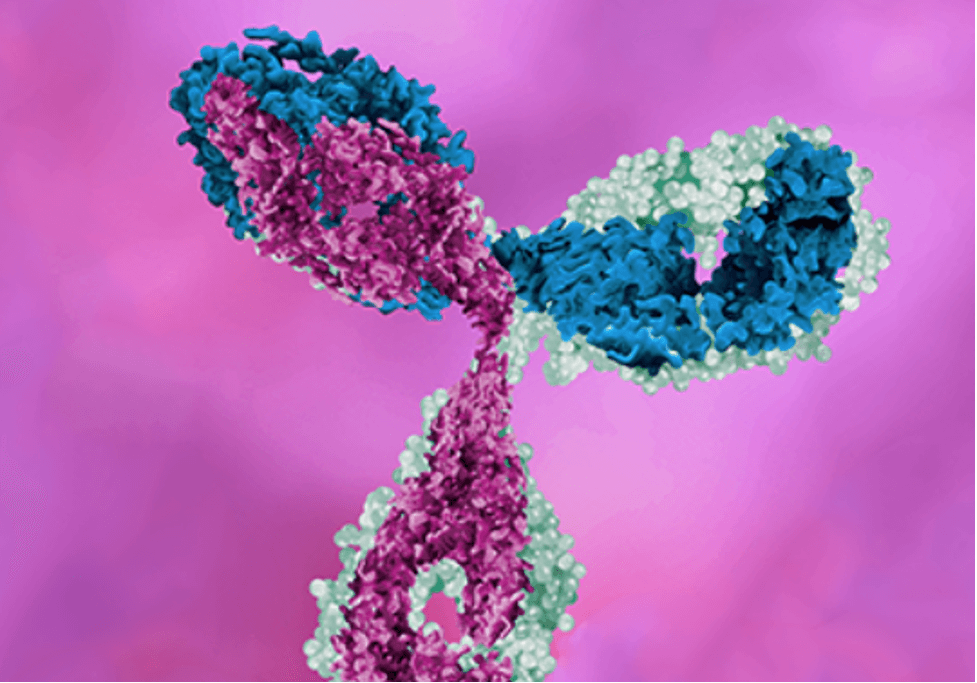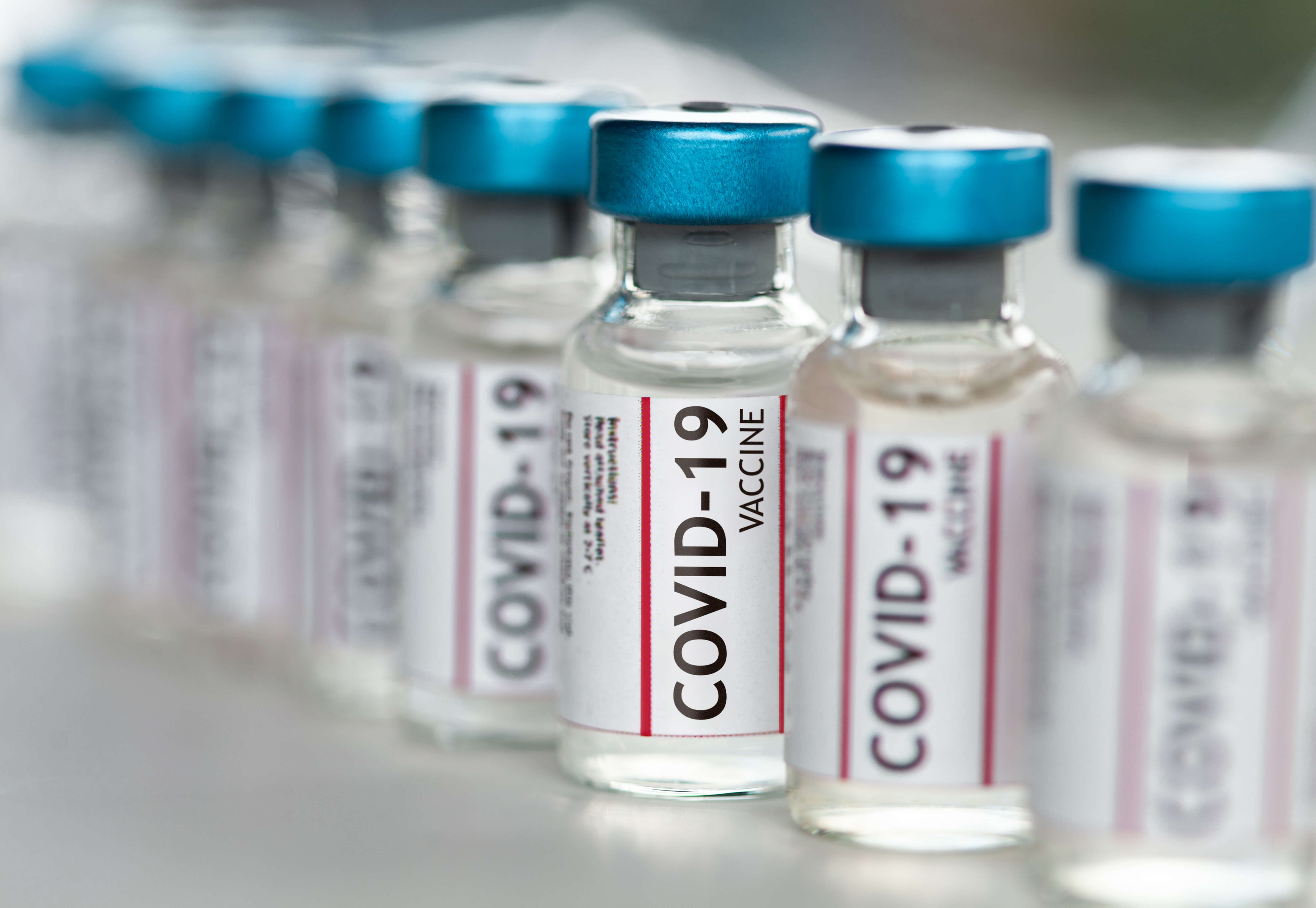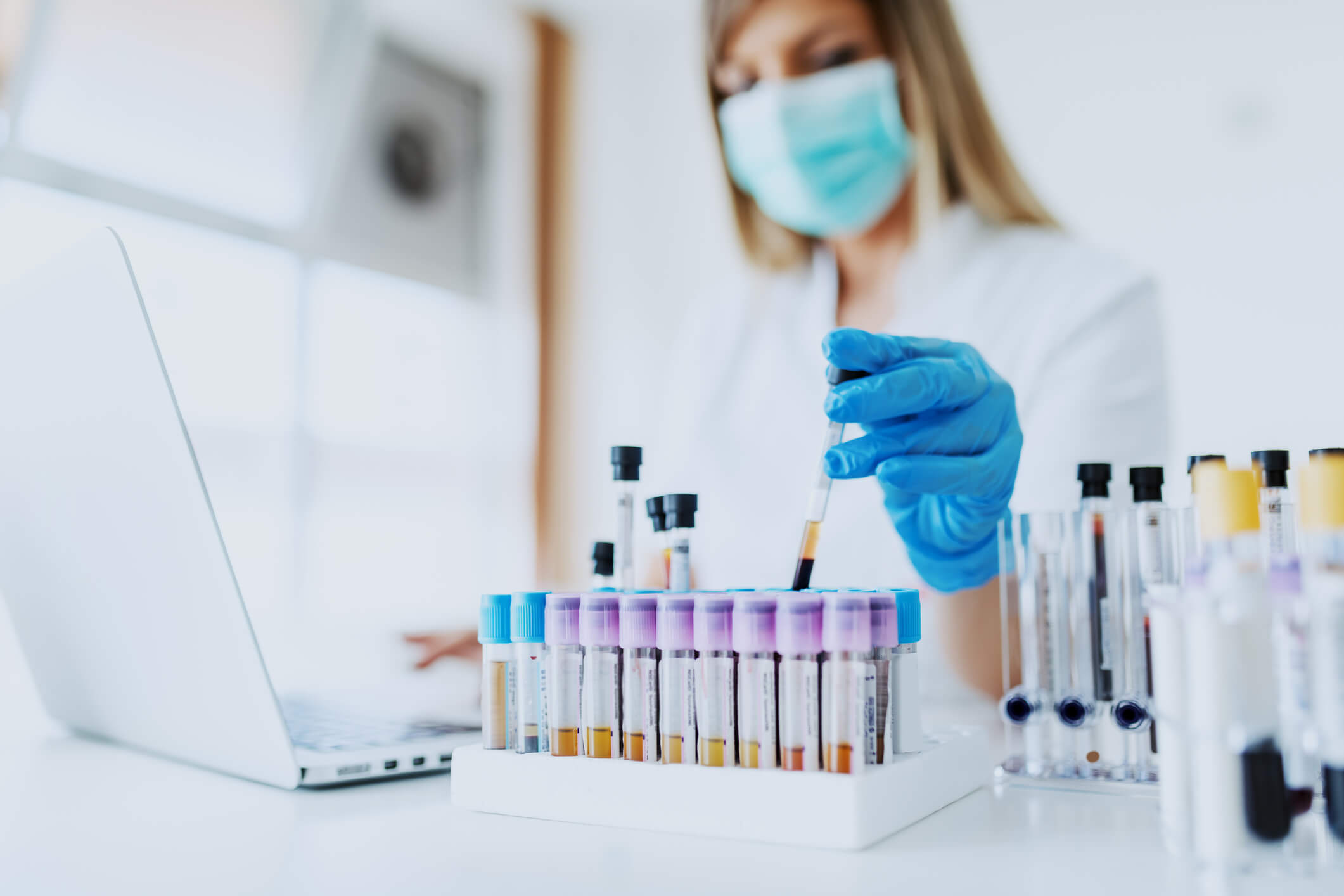Top Moments in Biopharmaceuticals in 2020

2020 has proven to be a truly unprecedented year for the biopharmaceutical industry. From the incredible mobilization and collaboration of researchers around the world to develop antibody treatments for COVID-19 to the breakthrough and proof-of-concept milestones for mRNA vaccines, and treatments for metastatic triple-negative breast cancer (mTNBC) and other cancers, this year has pushed the industry to think outside-the-box to solve some of the world’s most pressing challenges. Here are some of the highlights:
Unprecedented International Collaboration Targeting COVID-19
While it seems like COVID-19 has dominated our lives, it has also prompted researchers to collaborate in extraordinary ways. After the SARS-CoV-2 virus was sequenced in January, the National Institutes of Health (NIH) in collaboration with Moderna designed an mRNA vaccine. Two months later, Moderna started Phase I/II trials and in July published their results in The New England Journal of Medicine. Along with Moderna, Pfizer and BioNTech began Phase 3 trials in late July and have since reported over 90% efficacy and vaccines are now available to the public on a rolling basis. This is the fastest vaccine development in history.

These weren’t the only treatments being developed. Rapid antibody discovery targeting the SARS-CoV-2 spike protein identified weaknesses in the virus and demonstrated the speed and robustness of antibody discovery platforms like Twist’s Biopharma division. Using a combination of single-cell sequencing and functional assays similar to their previous work on the Zika virus, the research groups at Vanderbilt Vaccine Center divided the discovered monoclonal antibodies into five classes depending on the reactivity to subdomains of the spike protein as well as cross-reactivity to SARS-CoV. Many of the neutralizing antibodies recognize the receptor-binding domain of the spike protein.
Big Breakthrough and Proof-of-Concept Milestones Achieved for mRNA Vaccines
In 1990, a proof-of-concept study showed that cells injected with DNA or RNA could successfully produce the encoded protein, giving credence to gene-based therapeutics. However, subsequent studies revealed problems with introducing foreign mRNA. First, it has low protein production efficiency. Second, it can trigger an immune response independent of the response to the encoded protein. Third, it is unstable. However, two key technological advances have paved the way for mRNA-based vaccines: synthetic nucleosides and lipid nanoparticles. These help stabilize mRNA, reduce the mRNA-based immune response, and increase protein production. Ultimately, these factors contributed to the success of mRNA vaccines for COVID-19 and have opened the doors for future mRNA vaccine development.
The two most promising and recently approved mRNA vaccines for COVID-19 are the mRNA-1273 vaccine by Moderna and the BNT162b2 vaccine from Pfizer and BioNTech. Both vaccines have a roughly 95% efficacy and require a second dose four weeks after the first injection. Moderna predicts that they can produce 20 million doses by the end of the year for the US, and 500 million to 1 billion doses to be distributed globally in 2021. Pfizer-BioNTech predicts that they can produce 50 million doses by the end of the year and 1.3 billion doses in 2021. Combined, 35 million people can start receiving doses at the end of 2020.
The Role of Antibody Treatments for COVID-19
Eli Lilly and AbCellera obtained Emergency Use Authorization (EUA) for the neutralizing monoclonal antibody, bamlanivimab (LY-CoV555), for mild-to-moderate COVID-19 treatment in adults and some pediatric patients who are at high risk for progressing to severe status and/or hospitalization. Bamlanivimab came from one of the first recovered COVID-19 patients in the US. It targets the SARS-CoV-2 spike protein and blocks viral entry into human cells. In a Phase II clinical trial, patients receiving bamlanivimab early had reduced viral load, symptoms, and hospitalizations. Eli Lilly predicts that they will have 1 million doses by the end of 2020 and will increase production throughout 2021.
Similarly, Regeneron obtained EUA for a non-competing monoclonal antibody cocktail (REGN-COV2) consisting of casirivimab and imdevimab for patients older than 12 years old who exhibit mild-to-moderate COVID-19 and are at high risk for progressing to severe symptoms and/or hospitalization and are not hospitalized or require oxygen therapy. REGN-COV2 is designed to mimic a well-functioning immune system by neutralizing the virus with potent antibodies that targets the receptor-binding domain of the spike protein, decreasing the ability of viruses to avoid treatment and protecting against spike variants that have evolved in humans. REGN-COV2 is most useful in patients who have recently been diagnosed but have not yet mounted an immune response or have high viral load. Phase II/III clinical trial results demonstrate that REGN-COV2 reduces viral load and hospital visits. Regeneron has partnered with Roche and predicts that they will have enough doses for 200,000 patients by the beginning of 2021.
Immunomedics Acquired by Gilead Sciences
Gilead acquired Immunomedics in a $21B deal, adding TrodelvyTM (sacituzumab govitecan-hziy), a first-in-class Trop-2-directed antibody-drug conjugate (ADC) for the treatment of mTNBC, to its cancer drug portfolio. TrodelvyTM was granted accelerated approval by the US Food and Drug Administration (FDA) in April also is in Phase II/III trials for treating HR+/HER2- breast cancer and bladder cancer. It is being explored for treatment of non-small cell lung cancer and other solid tumor types as well. The Phase III clinical trial was halted early by a unanimous vote because of the efficacy of TrodelvyTM in improving progression-free survival and overall survival in mTNBC patients.
Novel Anti-TIGIT Data Presented by Roche for Cancer Immunotherapy
At the American Society of Clinical Oncology, Roche presented their first Phase II CITYSCAPE clinical data on the novel anti-TIGIT (T cell immunoreceptor with immunoglobulin and immunoreceptor tyrosine-based inhibition motif domains), tiragolumab, for cancer immunotherapy. In conjunction with Tecentriq®, a monoclonal antibody treatment for urothelial carcinoma, tiragolumab was well-tolerated in patients with PD-L1-postitive metastatic non-small cell lung cancer (NSCLC). Tiragolumab works by binding to TIGIT, which is an immune checkpoint protein expressed on immune cells, as well as PD-L1 pathways simultaneously. Roche’s data indicate that tiragolumab with Tecentriq® improves objective response rate and reduces risk of disease worsening or death. Side effects are similar to those observed with Tecentriq® alone.

Twist Bioscience Nanobodies Prevent Key Indicator of COVID-19 Severity
At Twist Bioscience, we developed two single-domain antibodies (“nanobodies”), TB202-63 and TB202-3, from large synthetic libraries containing more than 10 billion single-domain sequences. These nanobodies prevented weight loss, a key indicator of disease severity, in hamsters infected with SARS-CoV-2. Naturally occurring in llamas and other camelids, these nanobodies have three advantages over traditional antibodies. First, they are smaller and can squeeze into smaller antigen-binding regions. Second, it is easier to scale up manufacturing. Third, they can be delivered intranasally or be part of a more conventional therapeutic regimen. TB202-63 and TB202-3 work by binding to the spike protein receptor-binding domain to neutralize SARS-CoV-2. The idea is to intranasally deliver TB202-63 and TB202-3 to prevent aerosolized particles of the virus from entering the cells in the nasal cavity, thus preventing infection. In addition, in collaboration with Vanderbilt University Medical Center, we also demonstrated that the TB181-36 antibody protected hamsters against weight loss.
The biopharmaceutical industry had a very eventful 2020 to say the least, and we look forward to riding this momentum into an even better 2021!
What did you think?
Like
Dislike
Love
Surprised
Interesting